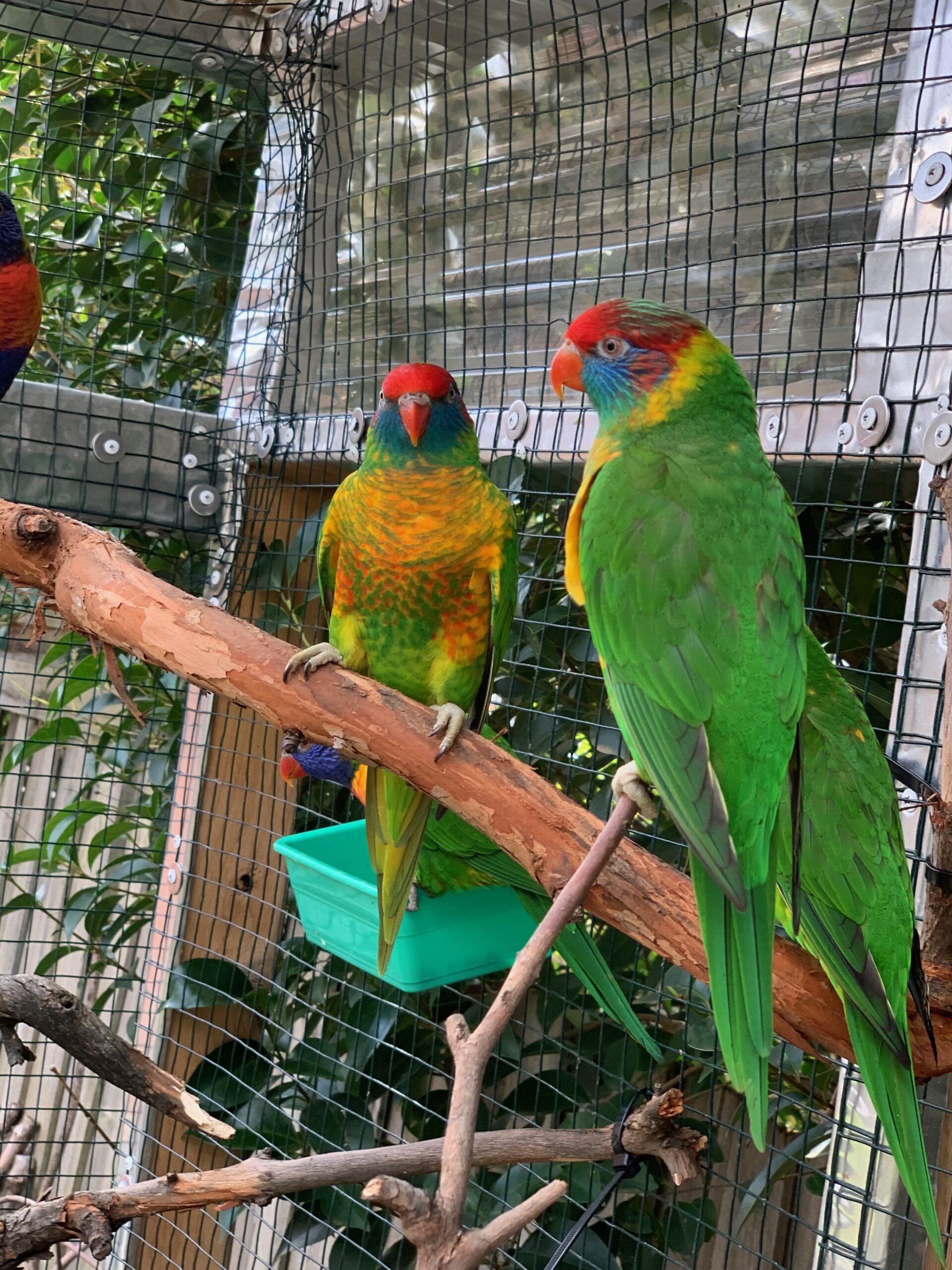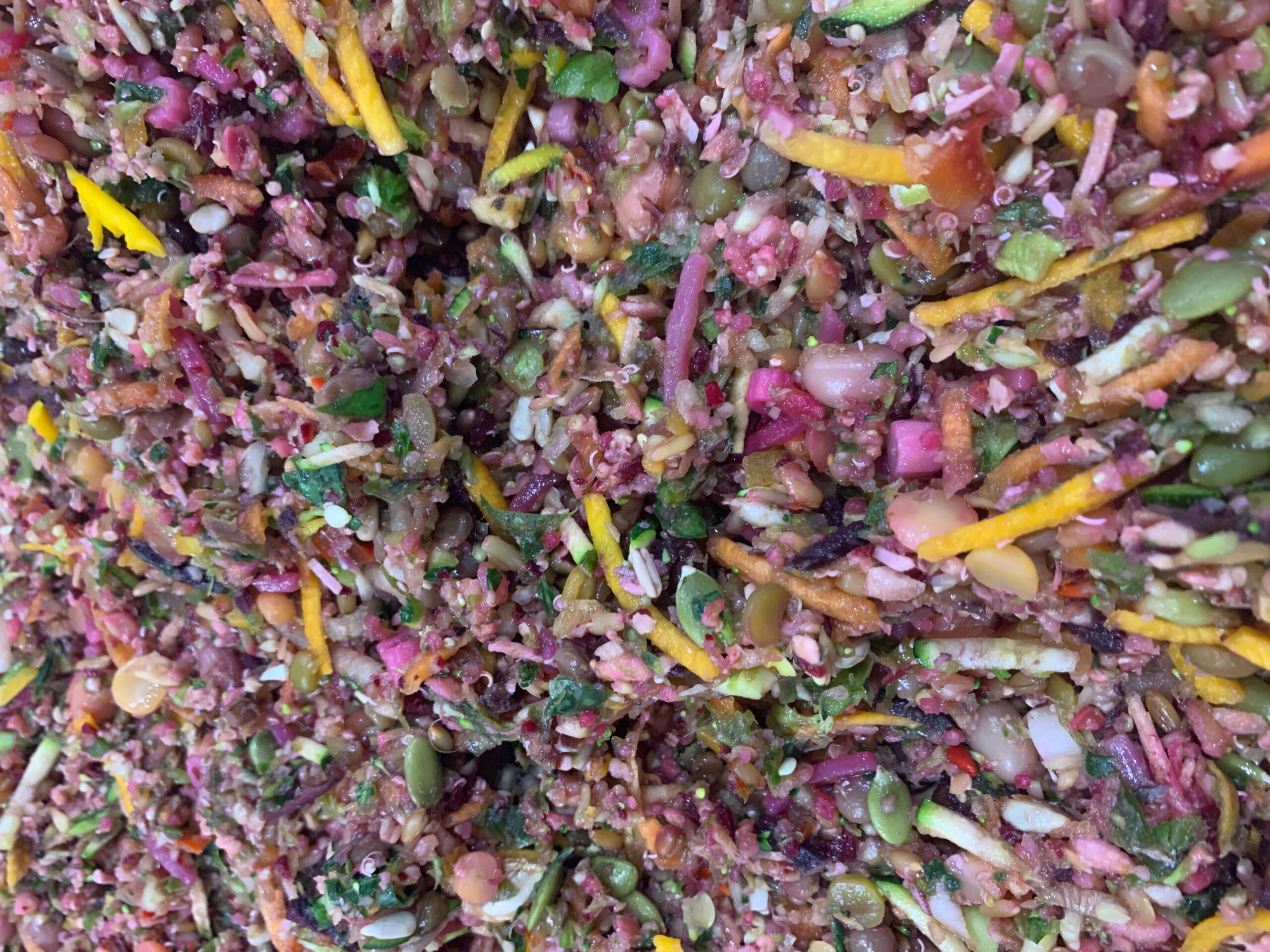Training Lorikeets
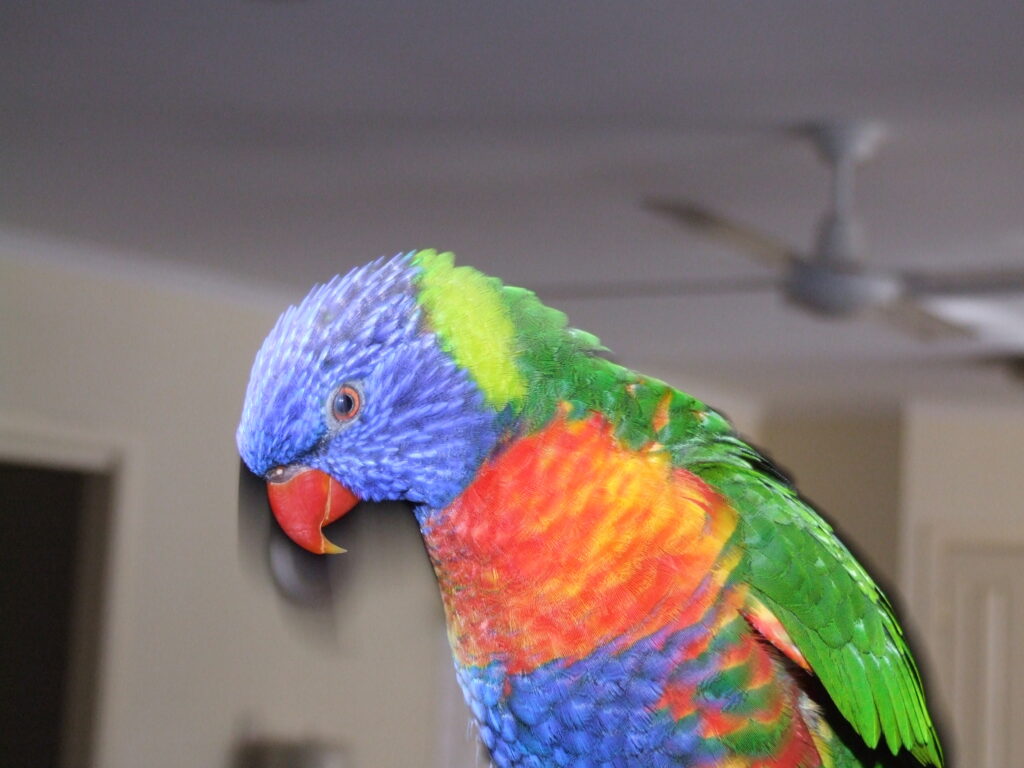
Can You Train Lorikeets?
Training lorikeets is often considered to be harder than other parrots. The main reason for this is the difficulty in finding the right training treat for them. The average pet parrot will happily take a seed or a nut as a reward for an offered behaviour, but seeds and nuts are not something that is recommended for a lorikeet.
In reality, there are three main hurdles that people face when training their pet lorikeet.
- Finding the right training reward
- Dealing with the exceptionally short lorikeet attention span
- Setting a lorikeet up generally for training success.
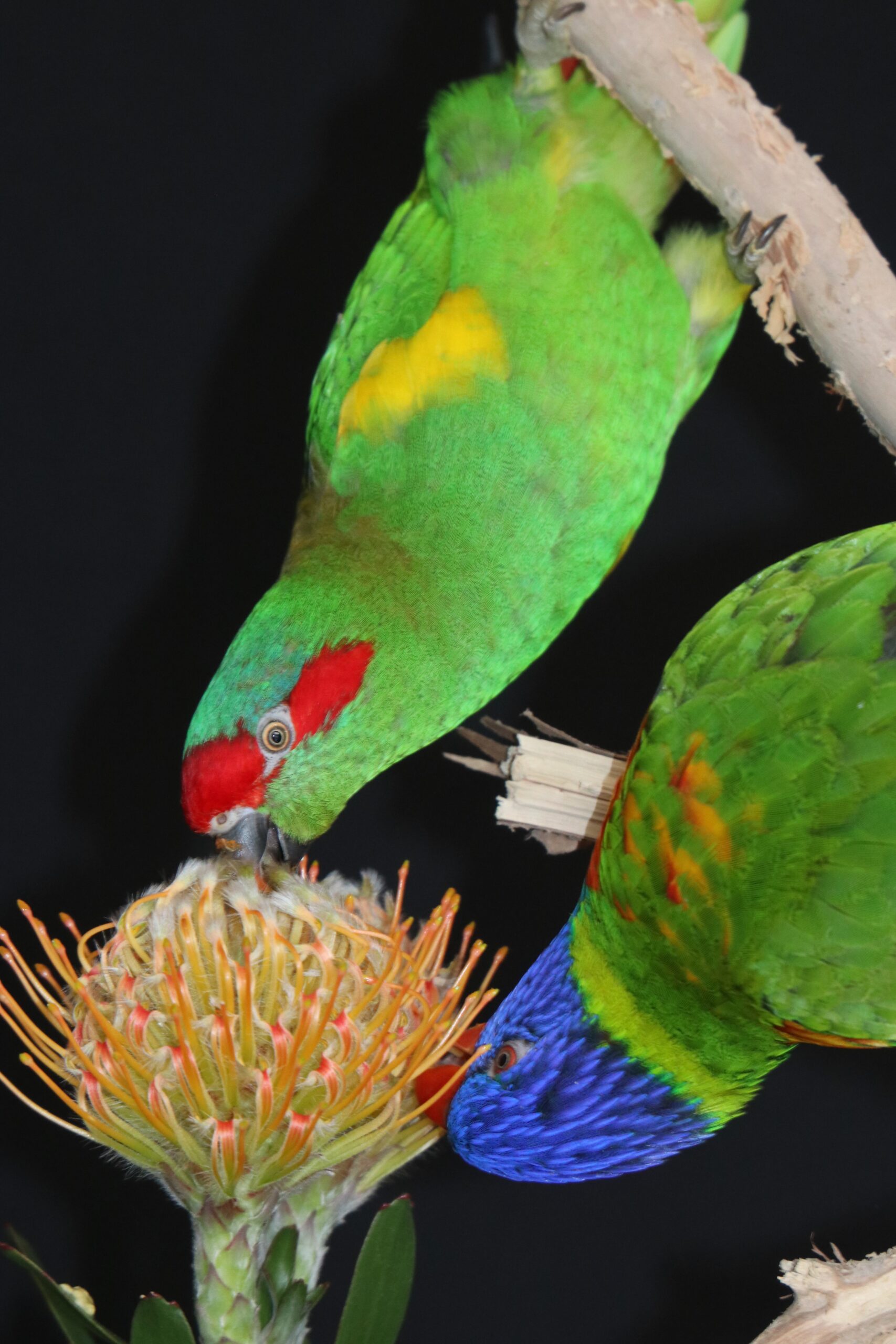
Training Rewards for Lorikeets
So if you can't give a lorikeet seeds and nuts, what can you give it as a training reward? The most obvious option is fruit. Many people rely heavily on grapes and other berries or finely cut pieces of fruit as a training reward. This isn't going to damage the papillae on the end of a lorikeet's tongue, so in theory it is an option and some people have great success with this. However, I have found that this can negatively impact on a lorikeet's attention span.
My favourite training reward for lorikeets is flowers. The list below are suggestions for training rewards for birds (such as lorikeets) that don't show much interest in or can't take seeds and nuts as training rewards, that I have used successfully:
- Native flowers (e.g. eucalyptus, grevillea, lilly pilly, callistemon).
- Birdsafe garden weeds like dandelion and milk thistle.
- Grass that has gone to seed
- Sprouted seed
- Rose hips (or the flowers)
- Geranium leaves or flowers
- Sweet potato mash
- Pine nuts (are softer than other nuts and won't damage the tongue)
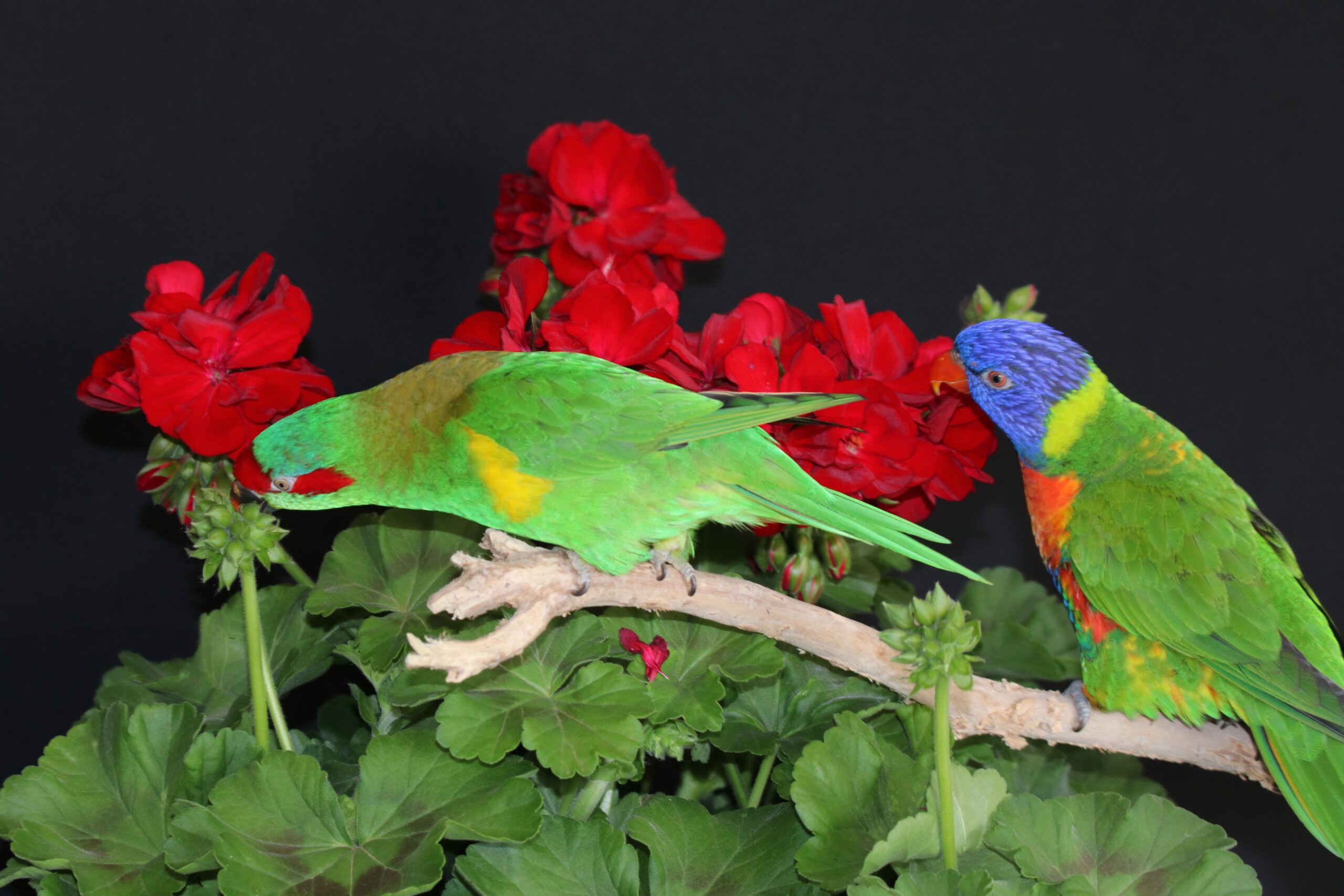
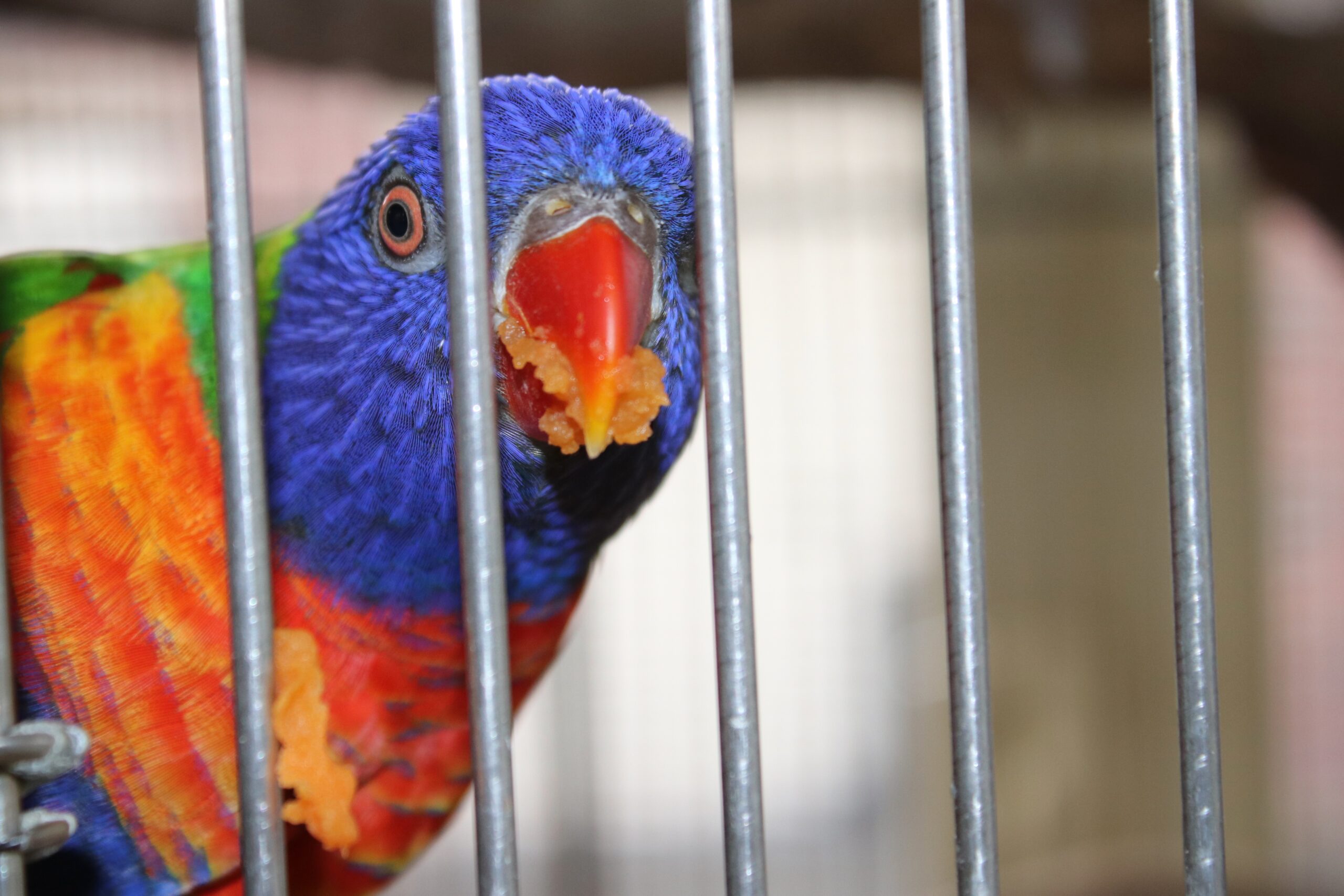
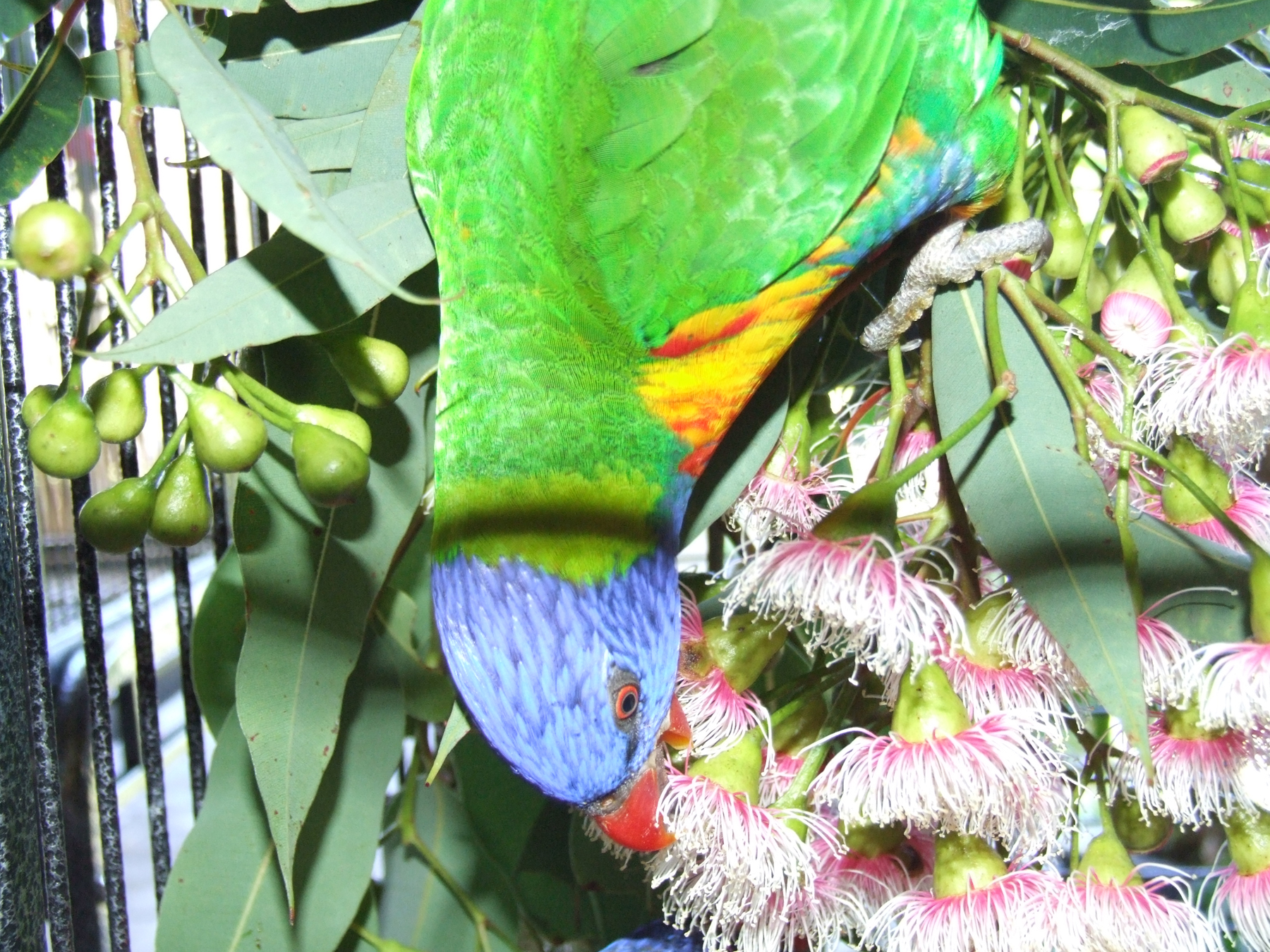
The Lorikeet Attention Span
Lorikeets are high energy, fast moving and usually have strong, playful characteristics. Unfortunately this can often mean that they have an exceptionally short attention span when training. This may mean that you might only be able to repeat a desired cued behaviour two or three times before they become disinterested and refuse to repeat a behaviour.
It's important to realise that lorikeets have a short attention span before attempting to train a new behaviour. You may need a training plan that incorporates ways to keep the bird's attention. My top tip is to have more than one different training reward, so that the bird is less likely to tire of a particular type of reinforcement. Training sessions need to be short, fun and you actively need to be keeping the bird's motivation level high, more than you might have to with other types of birds.
The other top tip for keeping your bird's attention on you is to use a training setting that doesn't have a lot of distractions. A quiet room, a plainer training stand, basically anything you can do to make the training activity the most exciting thing in the bird's world at that point in time.
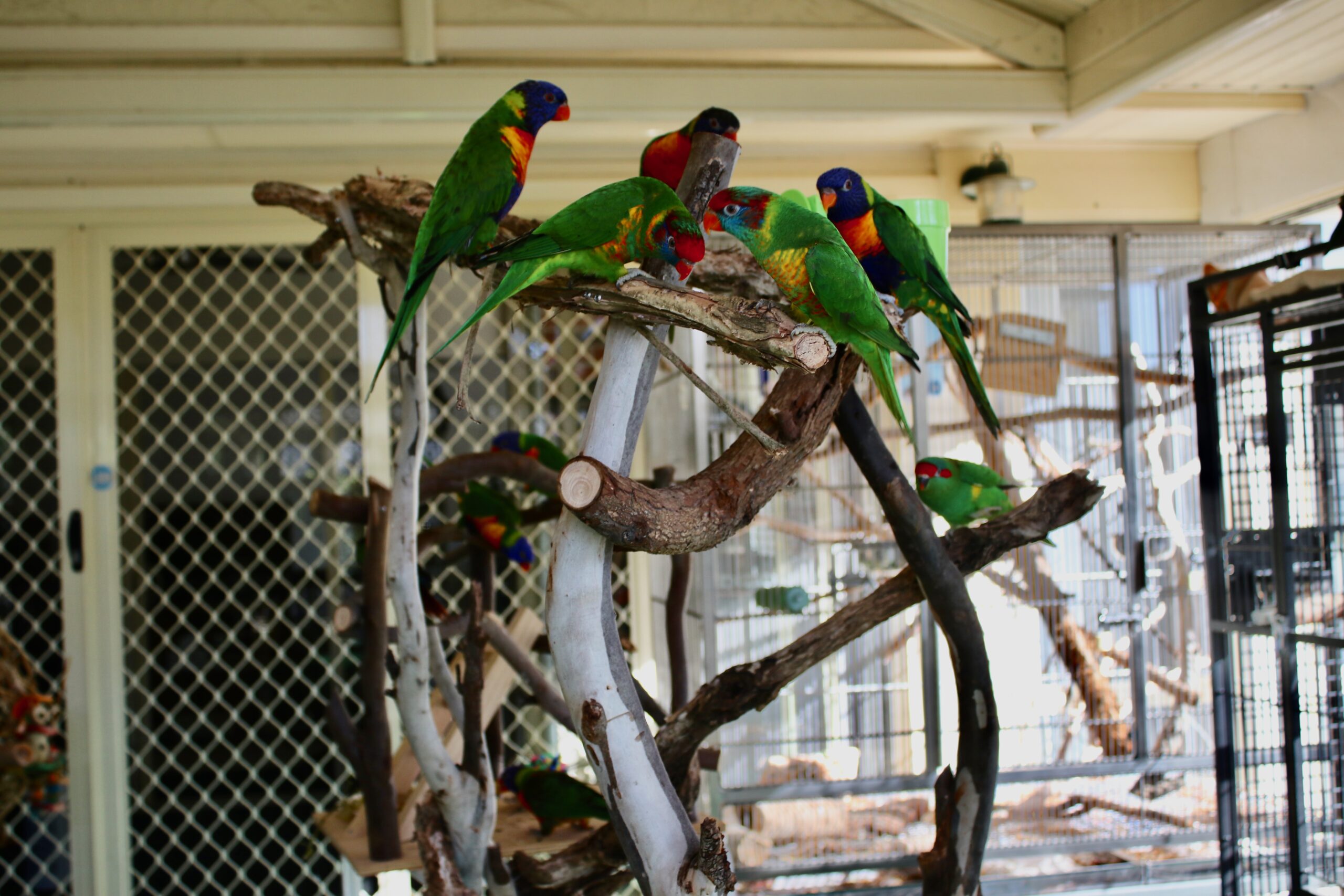
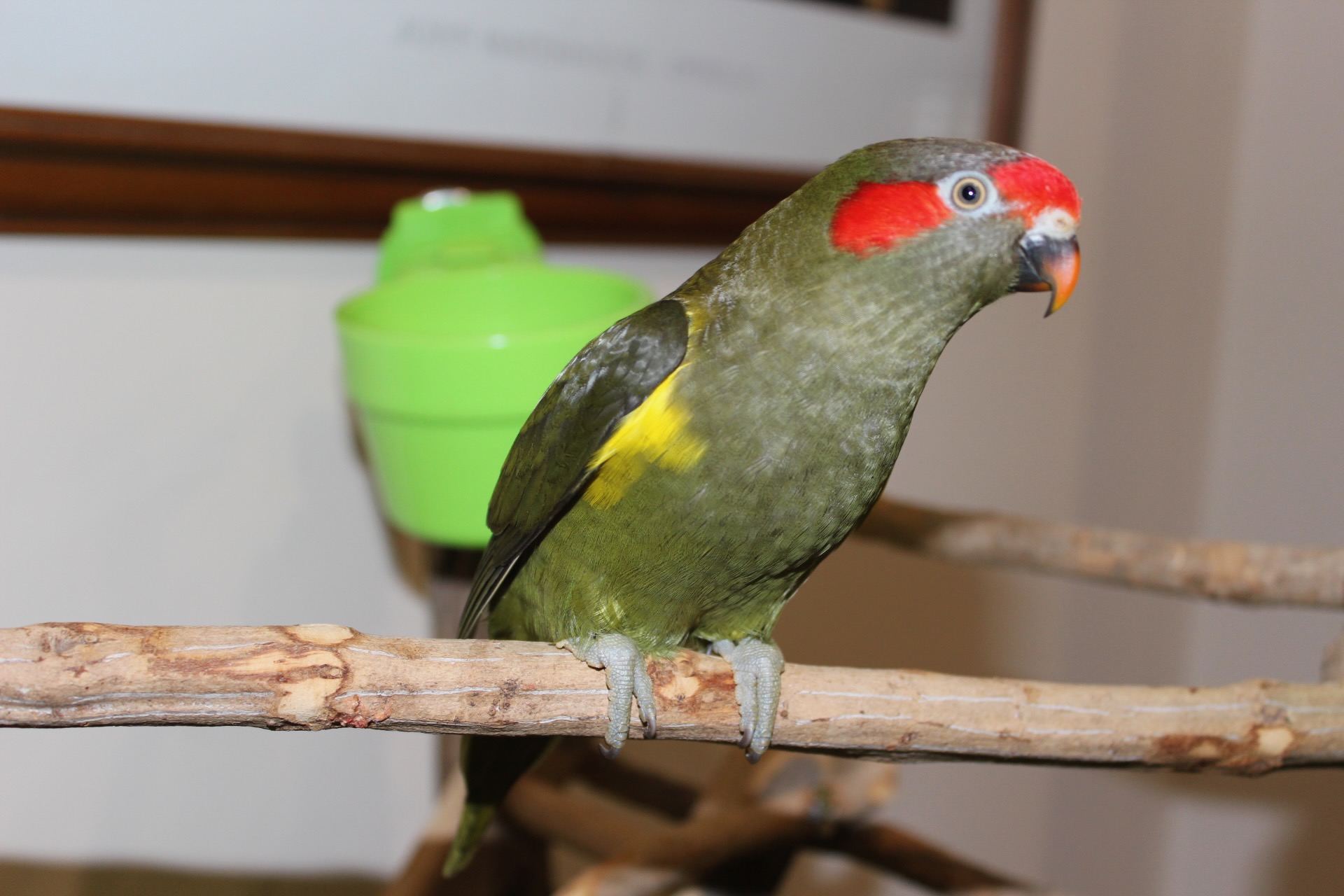
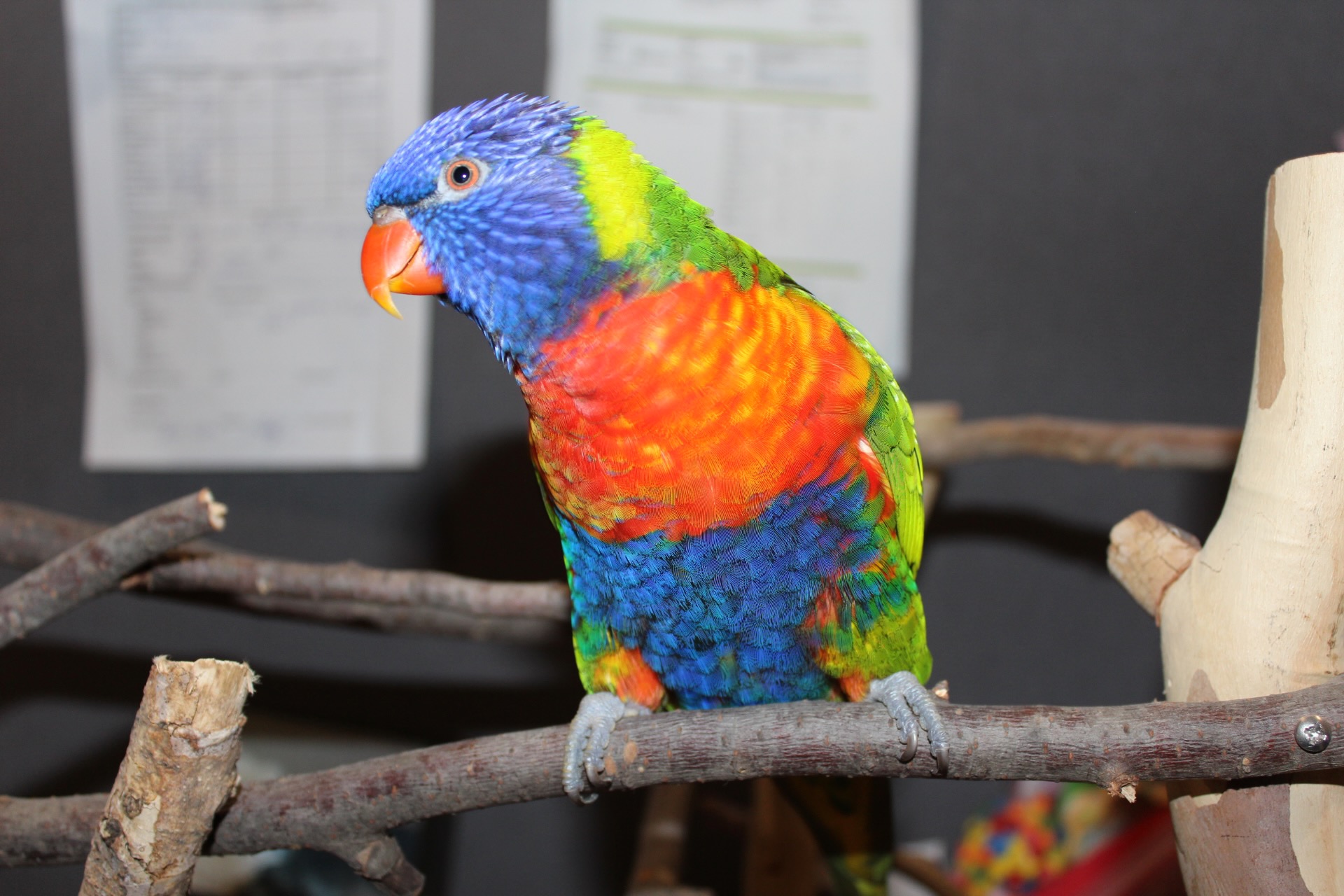
Setting Yourself Up For Training Success
The number one mistake that I see people make with lorikeets is diet. There is a self-perpetuating myth that lorikeets eat fruit and that it should be a significant part of their diet. The rationale is that they eat fruits and pollen in the wild. The problem with this is that the fruits that they eat in the wild have a lot more in common with vegetables than fruits.
A fruit diet is high sugar. Lorikeet formulas are frequently high sugar. I see a lot of lorikeets with behavioural problems, that are on very high sugar diets. Their behaviour is often erratic, aggressive, overly-hormonal and very high energy. A lot of this behaviour calms down when they are fed a vegetable based diet in combination with a low-sugar lorikeet formula.
If you truly want to set yourself up for success with training your lorikeet, my advice is to ensure you are getting the diet right. Limit the high sugar treats, limit the fruit. You'll see an improvement in your bird's attention span, you'll see an improvement in their mood and you'll see they can be more easily motivated with food rewards.
